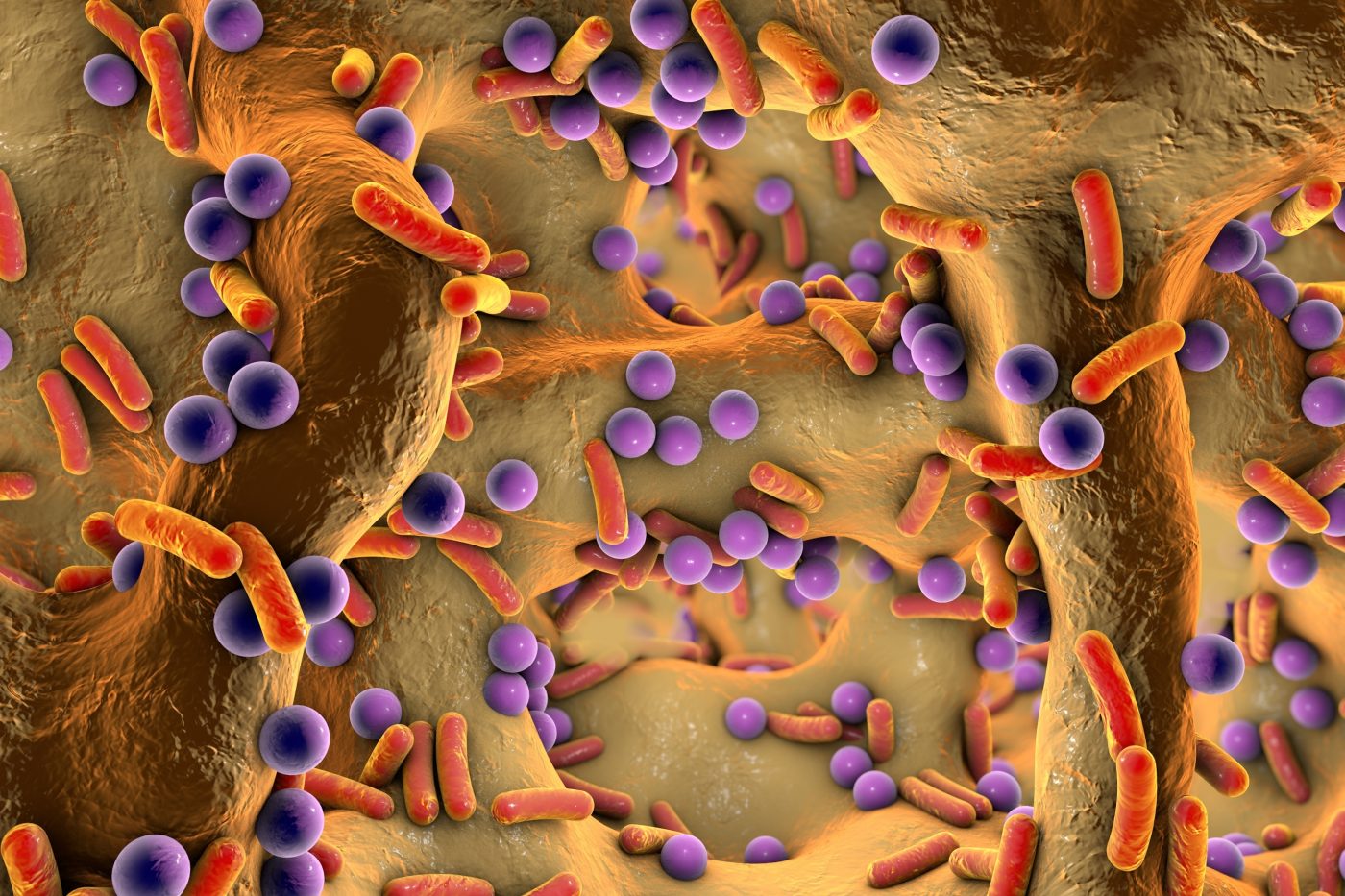Changes to Respiratory Microbiome in IPF May Be Cause of Disease Worsening

In a small study with idiopathic pulmonary fibrosis (IPF) patients, alterations in the patients’ respiratory microbiome led to changes in systematic responses that may promote injury, contributing to disease progression.
The study, “Host-Microbial Interactions in Idiopathic Pulmonary Fibrosis,” was published in the American Journal of Respiratory and Critical Care Medicine (AJRCCM).
A natural community of microbes, collectively known as the respiratory microbiome, populates our respiratory tract, and its role in healthy lung function is increasingly recognized. Not surprisingly, perhaps, alterations to this respiratory microbiome are seen in multiple respiratory disorders.
Recent studies suggest a link between respiratory microbiome alterations and IPF progression. However, how the host response (which includes an immune response) to the microbiome affects disease outcomes remains largely unaddressed.
A team of researchers set to investigate host-respiratory microbiome interaction in IPF. To this end, they prospectively recruited 60 IPF patients from the Interstitial Lung Disease Unit at the Royal Brompton Hospital, London, and 20 matched healthy controls.
All participants underwent bronchoalveolar lavage and blood sample collection. Bronchoalveolar lavage is a mildly invasive technique used for diagnostic purposes, where lavage fluid is introduced to the terminal bronchioles and then recollected for analysis to examine cells, inhaled particles, infectious organisms or fluid constituents. IPF patients underwent more frequent collections: at one, three, and six and 12 months.
Researchers analyzed gene expression of the host and found two particular groups of genes whose expression correlated with an IPF diagnosis, and to higher bacterial burden in the bronchoalveolar lavage, and specific microbial operational taxonomic units (OTUs), a term used to classify groups of closely related individuals. The genes identified also correlated with increased neutrophils (a type of immune cell) in both bronchoalveolar lavage and blood samples.
These groups included genes involved in host defense response (Nlrc4, Pglyrp1, Mmp9, Defa4). Additionally, the team found two genes encoding specific antimicrobial peptides (Slpi and Camp). Several of the identified genes are linked to poor survival and disease progression.
These results suggest a host response to alterations of the respiratory microbiome in IPF, and that these microbial changes can trigger a response associated with the damage often observed in IPF patients. As the team concluded, “the bacterial communities of the lower airways may be acting as persistent stimuli for repetitive alveolar injury in IPF.”







